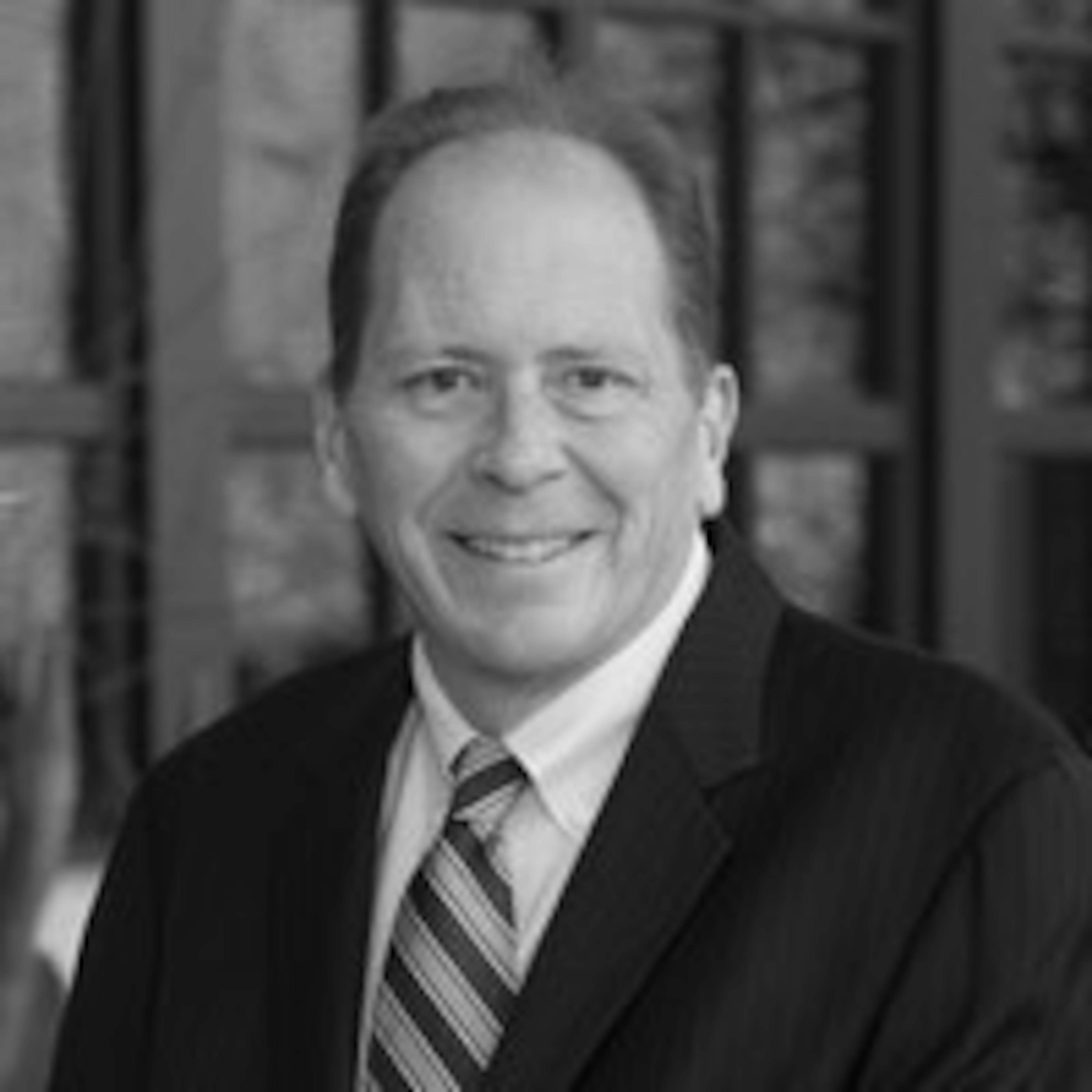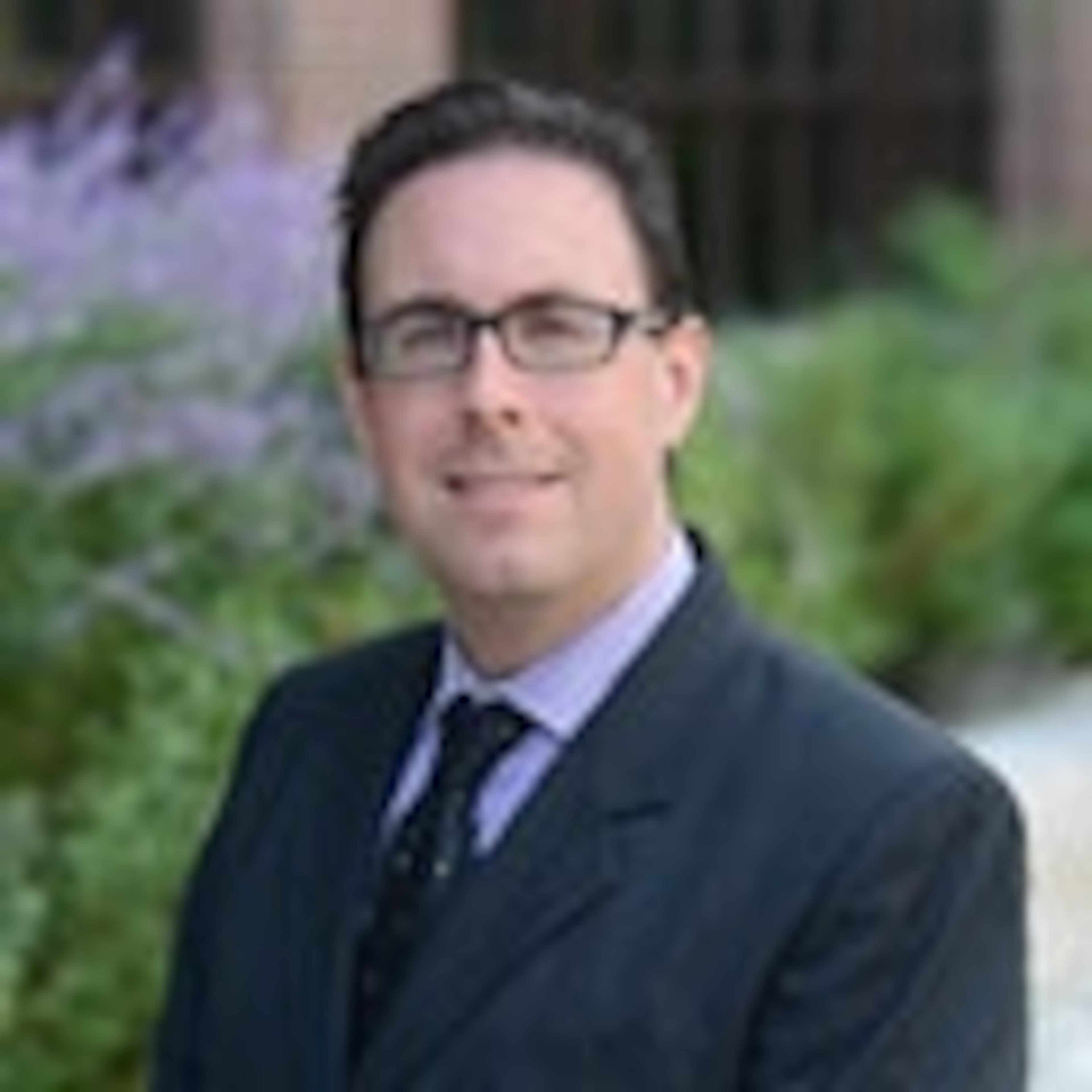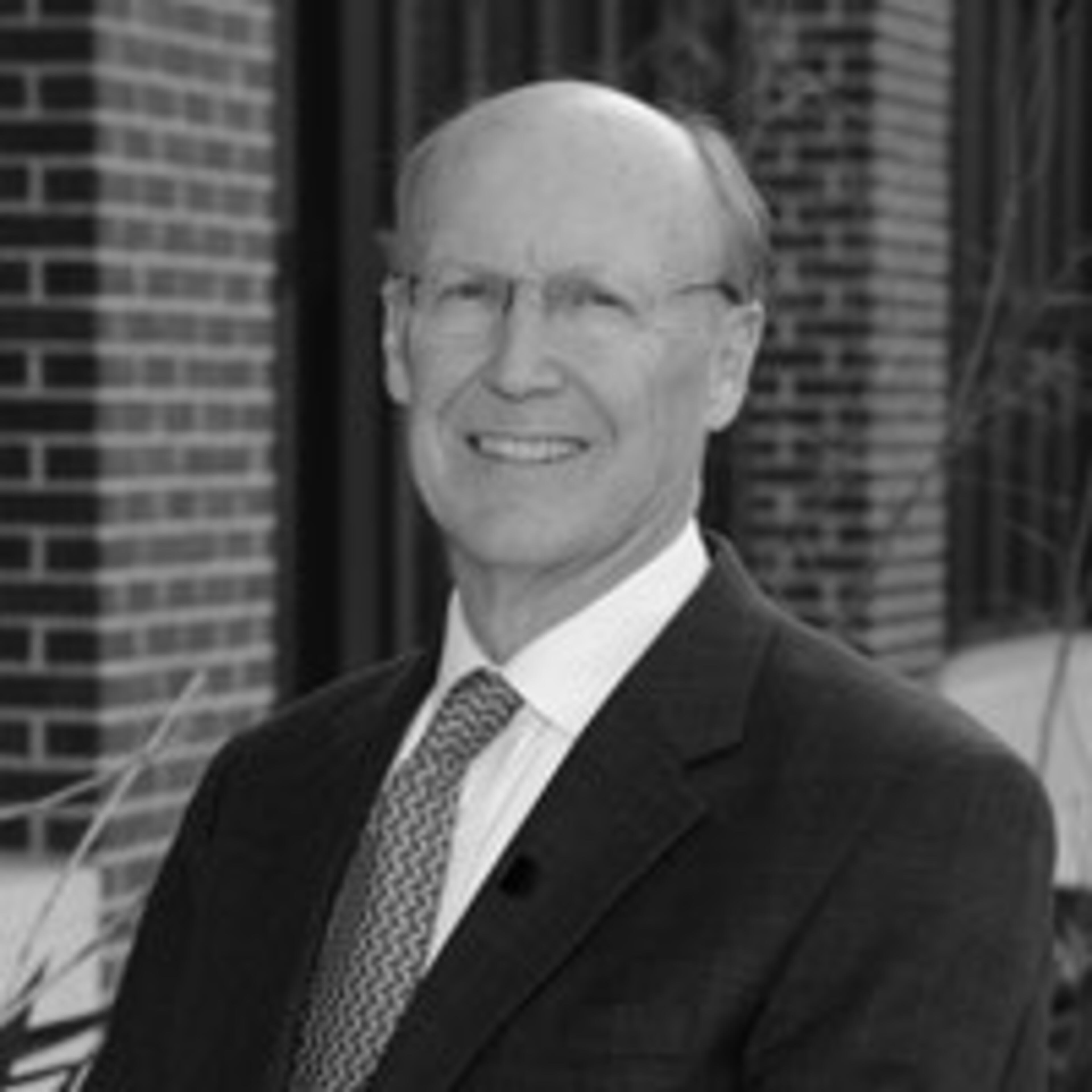Opinion: Civil dialogue, engagement can renew democracy

This year, the three of us have looked deeply into the barriers to greater civic engagement, community renewal, and civil dialogue, especially among young Americans. At the same time, we have examined how to overcome the obstacles and, in so doing, strengthen our democracy.

As moderators of the George W. Bush Institute’s Democracy Talks series, we have spoken with experts in civic engagement, community renewal, and civil dialogue; leaders of civic organizations and elected officials; and authors and writers who have studied the barriers and identified solutions. Here are the keys that we found.
National, state, and local leaders should promote pluralism. From the White House to statehouses to city hall, leaders can ensure Americans enjoy a constructive debate over the future of their nation, states, and communities by embracing the importance of diverse viewpoints. The case for pluralism needs to come from our leaders because they have platforms to “show” how we can engage with each other despite our differences.

As citizens, we need not think that the conflict between ideas and ideologies is bad. The push and pull between different points of view actually strengthens democracy. Communities become increasingly polarized without the moderating influence of dissenting opinions from within, as the writer David French explained in his interview with us.
Be intentional about engaging others across political, racial, and cultural lines. Creating respectful debates requires leaders, as well as Americans in their communities, to be intentional about expanding civil dialogue, community engagement and civic renewal. Our polarized nation has learned the hard way what happens when leaders and citizens don’t nurture those essentials.
As individuals, we can begin to break down the racial, ethnic, and political barriers that divide Americans by seeking out others to build trust. This work is not easy, but it is possible when we make trust a priority.

Leaders especially need to be intentional about engaging young Americans. Young, rising leaders particularly are in a good place to engage with their generational peers. We saw that in the work of Manu Meel, CEO of BridgeUSA, and Valerian Sikhuashvili, director of academic programs at the Alexander Hamilton Society. They help students and young Americans learn how to argue their views respectfully, as well as explore how basic freedoms like free speech are part of our “civic muscle.”
Practice “big citizenship” away from the spotlight. We heard frequently that not all solutions involve government or politics, although they certainly matter. John Bridgeland, CEO of Civic and the COVID Collaborative, put it this way: “Big citizenship” matters, too.
Participating in our community’s affairs, including but not limited to voting, is how we as citizens renew and strengthen the places we live. In whatever form we participate, “big citizenship” involves acts of individual responsibility and social compassion.
An outstanding example of “big citizenship” is the commitment of Asiaha Butler to her once-beleaguered Chicago neighborhood. Frederick Riley, executive director of the Aspen Institute’s Weave project, told us of Butler’s work as a “trust broker” among her neighbors. She refused to abandon them and instead created a non-profit to help rejuvenate their Englewood community. The organization bought vacant lots where kids often gathered to throw rocks at each other and then turned the deserted spaces into safe parks, playgrounds and even homework stations.
Finally, community leaders must identify city assets and be honest about improving them. A surprising but encouraging example we heard about is the role that libraries play in creating community engagement. Deborah Fallows, who co-wrote “Our Towns” with husband James Fallows, reports that libraries are now social and civic centers as well as educational and technology centers. People gather there to not only read books, but to attend pre-K classes, participate in community forums, gain access to the internet and learn how to get green cards and become citizens.
Immigrants were identified as assets to a community throughout our interviews. Miami Mayor Francis Suarez highlighted their contribution to his diverse community, while James Fallows reported how towns like Erie, Pennsylvania, Dodge City, Kansas, and Sioux Falls, South Dakota, saw their immigrant residents as critical to rejuvenation.
Elementary and secondary schools, community colleges, and four-year universities also are must-haves. Quality education institutions learn from each other as they develop the talent that communities need to prosper.
We have been fortunate to hear numerous stories this year about how to strengthen our democracy. That revival, though, will require citizens and leaders alike to intentionally promote civic engagement, community renewal, and civil dialogue.
Lindsay Lloyd is the Bradford M. Freeman director of the George W. Bush Institute’s Human Freedom Initiative; Christopher Walsh is senior program manager of the Bush Institute’s Human Freedom Initiative; and William McKenzie is senior editorial advisor at the Bush Institute. They wrote this for InsideSources.com.


